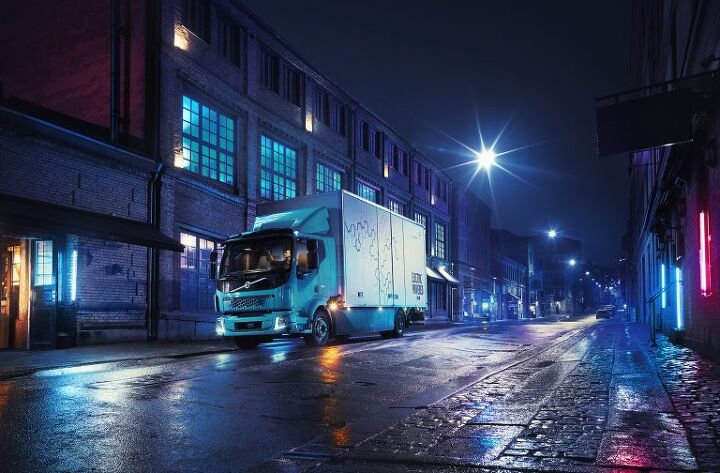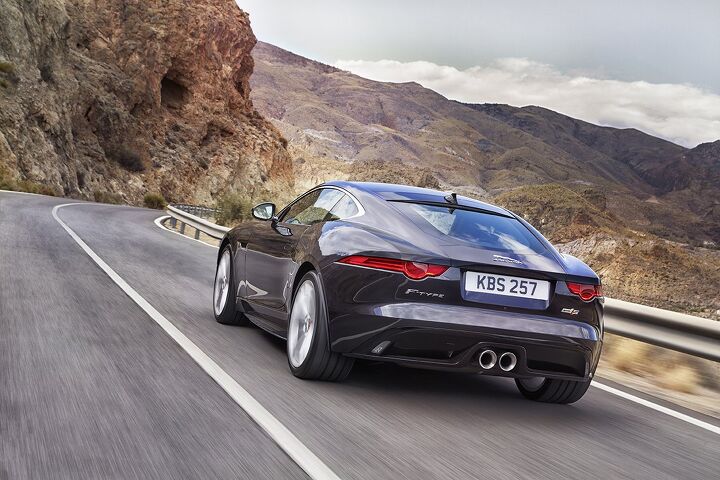#EuropeanAutomobileManufacturers'Association
European Truck Manufacturers Ending ICE Production in 2040
An alliance of European truck manufacturers have pledged to stop selling vehicles that produce any emissions by 2040 — pushing up its previous target date by a full decade.
The group, which includes Daimler, Scania, Man, Volvo, Daf, Iveco, and Ford, have all signed a pledge to focus on developing hydrogen and battery technologies so that petroleum-derived propulsion can be phased out of the trucking industry.
FCA's Manley to Helm European Automobile Manufacturers' Association
The Board of Directors of the European Automobile Manufacturers’ Association (ACEA) has elected Michael “Mike” Manley, CEO of Fiat Chrysler Automobiles, as its new leader. Tapped to replace PSA Group CEO Carlos Tavares as chairman on January 1st, Manley is currently engaging in some mobility related foreplay to get us hot and bothered.
“As an industry we want to take the lead in transforming mobility in a way that puts the consumer first, but also enables us to remain globally competitive and resilient,” Manley said in a prepared statement.
Meanwhile, the ACEA’s stated priorities for the coming year revolve around “developing a pathway for the transition to carbon-neutral road transport, while ensuring the economic sustainability of the European auto sector.” Presumably, those are goals shared by the English businessman who’ll be taking the reins in 2020 — but he’ll have to manage environmental progress with market realities while doing so.
Automakers Rage Against UK's Possible 'Brexit' From EU
A handful of European automakers are lashing out against the prospect of the United Kingdom’s “Brexit” from the European Union via referendum in 2017.
U.S. & Euro Automakers Lobby Free-Trade Pact Negotiators to Harmonize Safety Regs
Automakers and auto enthusiasts alike aren’t fond of the differing safety standards in Europe and the United States. Having to satisfy two different standards means increased costs for car companies that want to compete on a global scale and it also means that car enthusiasts on both continents are often deprived of desirable cars on sale in the other market. But according to Automotive News, lobbyists for automakers in the U.S. and Europe are hoping to use current negotiations over a free-trade agreement to harmonize safety standards and they are using academics to make their argument.


















Recent Comments